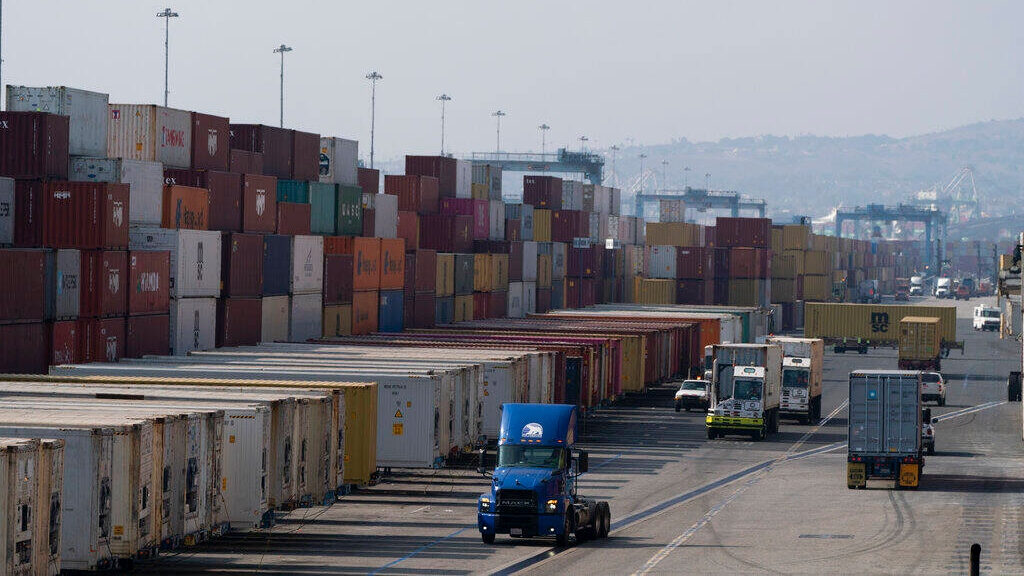On-going Confusion in Global Supply Chains
The current world stage is in a state of complete confusion as to how global trade and supply chains will continue to be shaped.
The July 9 tariffs were pushed to August 1 – this is no surprise given the complexity of trade discussions. Negotiators are at least trying to get framework agreements, but are hitting many intractable issues on many of these agreements with negotiators. The administration has published 22 letters this week, which essentially left tariffs little unchanged. The difference between a 20% and a 25% tariff is minimal.
Brazil was threatened with 50% tariffs and a 301 threat unless they quit the trial of Bolsanaro. A 50% tariff was announced forAugust 1. Copper is an essential commodity used in almost all manufactured equipment. Pharmaceuticals will also be subject to tariffs, and have been threatened with 200%. Countries are trying to get carve outs – Japan with cars, semiconductors. China is trying to move towards another meeting in early August but relief on the critical minerals is a slow roll. Trying to keep the relationship stable. Sectoral tariffs will hit China, and the transshipment language with Vietnam was also a big problem.
As indicated, most regions got very minimal changes from the letters – most of them stayed the same or even went up. Country trade reps tried to take a lot of time with negotiations, and are feeling betrayed by the language in the letters that they weren’t taking it seriously. No matter how you look at it, 20 to 40% is a lot for anyone to digest.
The net effect of these discussions is chaos. It is also causing problems for American farmers, who are being told by China and Europe that reciprocal tariffs will negatively impact them as well. Strategic products like ships, steel, and agricultural products get the brunt of the effect of this
Even if some countries will be able to absorb some of these tariff impacts, an inflation of10% on 3 trillion of imports will cause massive damage. Essentially, the tariffs will act as a new tax on consumers – yet 65% of Republicans approve of the Administration’s performance. In my mind, it seems like many politicians do not understand the real impact of tariffs on the economy. Many companies have front loaded with stockpiles of inventory. As they work their way through this stockpile, eventually the tariffs will hit – likely on August 1. At that point, consumers will see significant price increases on everything from computers, automobiles, appliances, and food.
What will happen? Who knows. But some countries are taking action. Canada had its first shipment of LNG shipped out of Kittimat, BC for China this week. Confusion reigns, especially for small businesses that have a lot of business in Vietnam and China. The transshipment tariff rate out of Vietnam is one that no one really understands.
Trade is a force for peace, but when the US is setting new terms without considering the capacity and size of its partners, the result is that trade stops, it breeds mistrust, and pushes our trading partners to seek others than the US. We are weakening the influence the US is trying to preserve.


